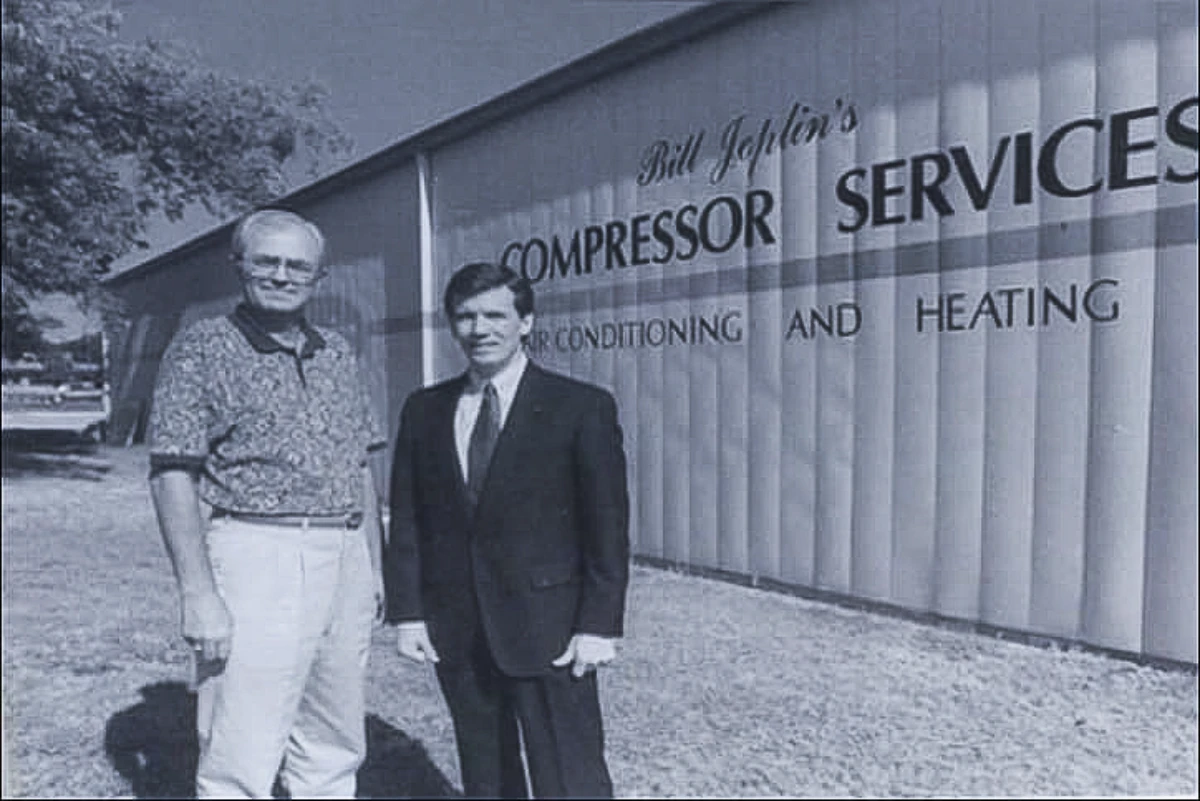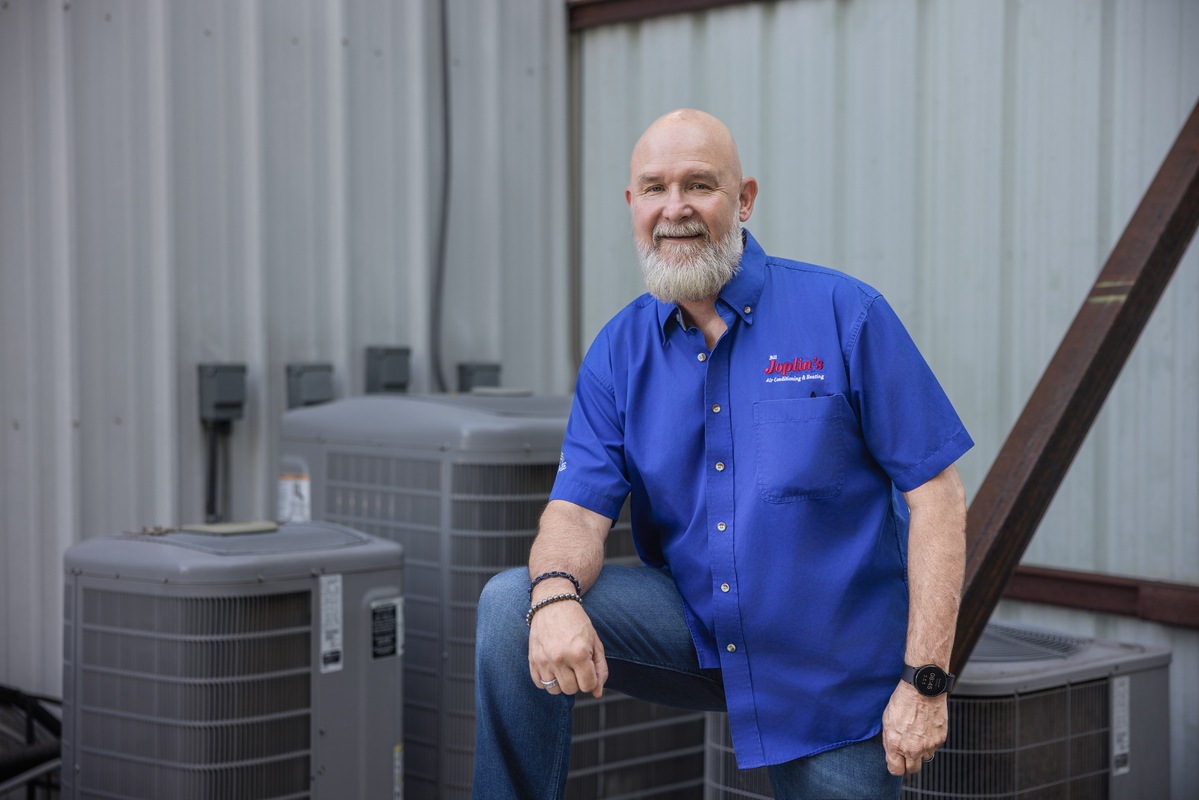Heat pumps are a unique piece of HVAC equipment in that they can provide both heating and cooling to your home. Heat pumps offer many advantages, but they do have some limitations that also need to be taken into account when considering one for your home.
To help understand heat pump pros and cons, it is useful to understand how they work. When working to cool your home, a heat pump operates almost identically to an air conditioner. Both start with cold refrigerant that absorbs heat from your home’s air. The refrigerant is then compressed to raise its temperature to significantly higher than that of the outdoor air. This way the heat it gained can be shed to the exterior air when it passes through the outdoor unit. When the refrigerant is allowed to expand it is again cold and ready to absorb heat.
What differentiates a heat pump from an air conditioner is it’s ability to reverse this process in the winter. This offers numerous benefits. First off, it’s much more efficient to extract heat from the exterior air for use in you home instead getting it from combustible fuels. In fact, heat pumps can be two to three times more efficient than traditional furnaces.
Getting heat from the exterior is not without its problems though. As it gets colder out, it gets more and more difficult to extract heat from the air. Eventually there comes a point when the heat pump can no longer extract enough heat to keep up with the homes increasing heating needs. At this point it will have to resort to less efficient backup heating elements. Luckily, with the mild winters Texas experiences, this should be a relatively rare occurrence.
Another benefit heat pumps provide is that the can provide humidity removal separate from temperature control by alternating by heating and cooling modes. You should also be aware that heat pumps use the outdoor unit for all modes, so it will produce noise any time they are operating.
For more information on heat pump pros and cons, contact us at Bill Joplin’s Air Conditioning & Heating.


